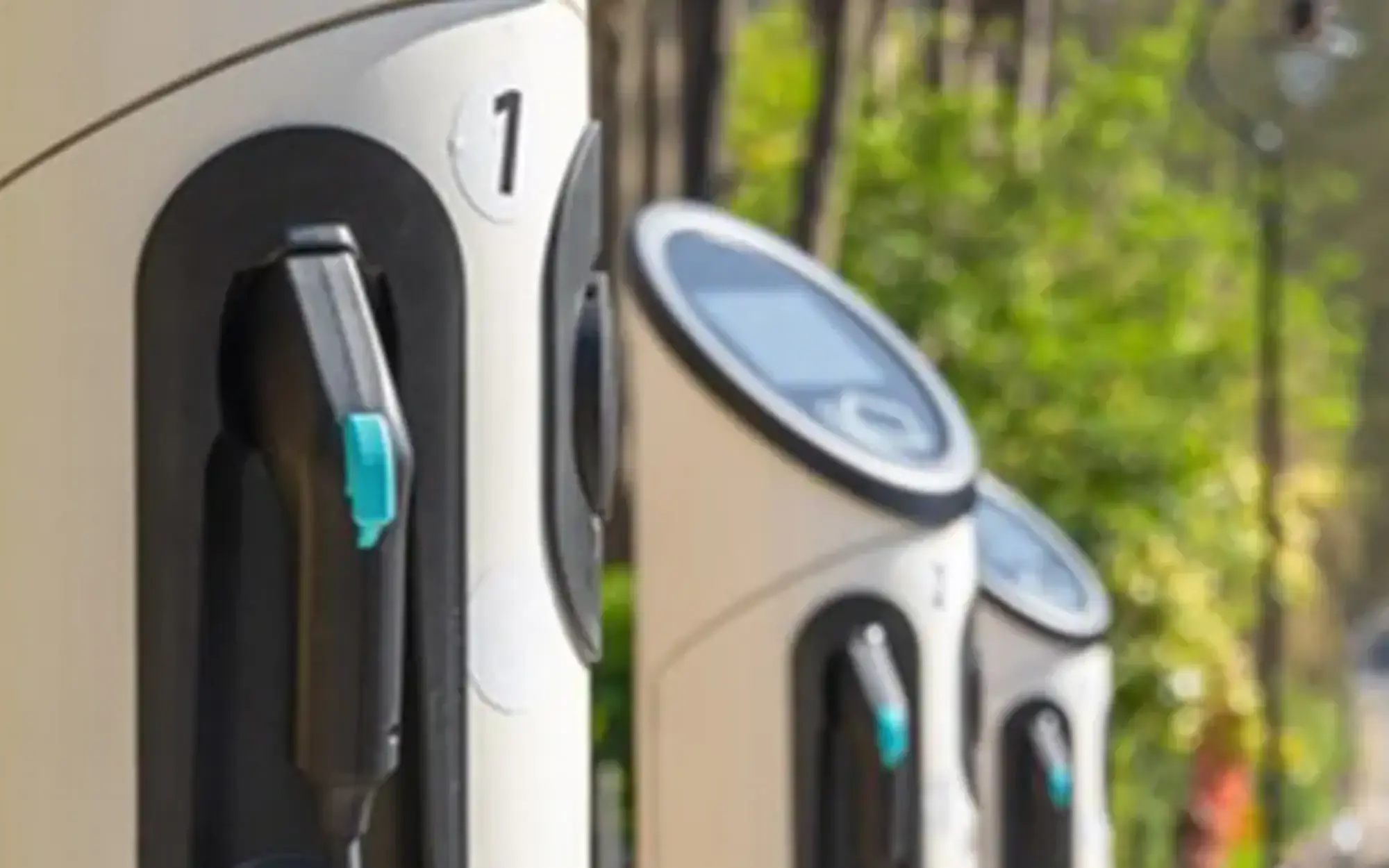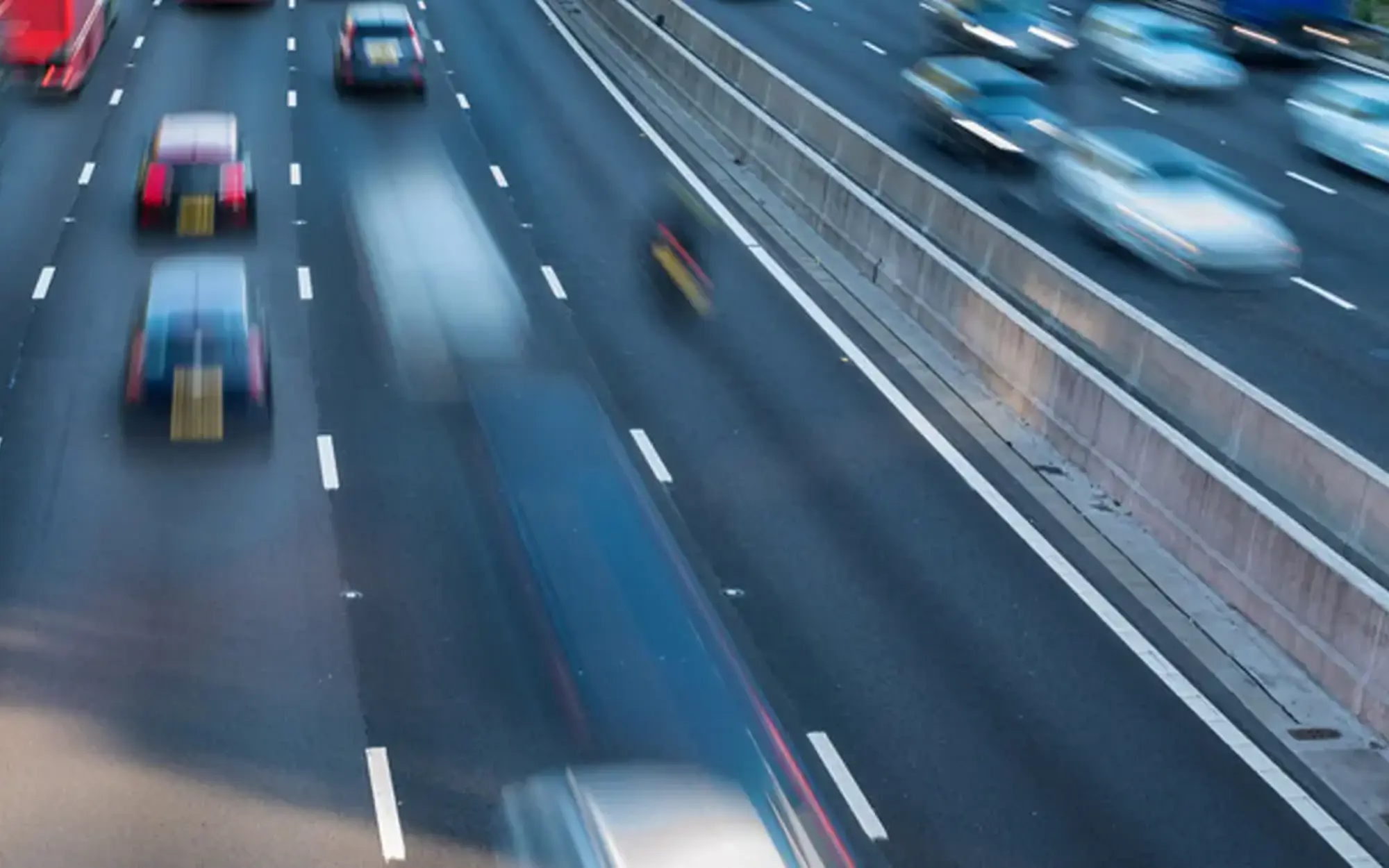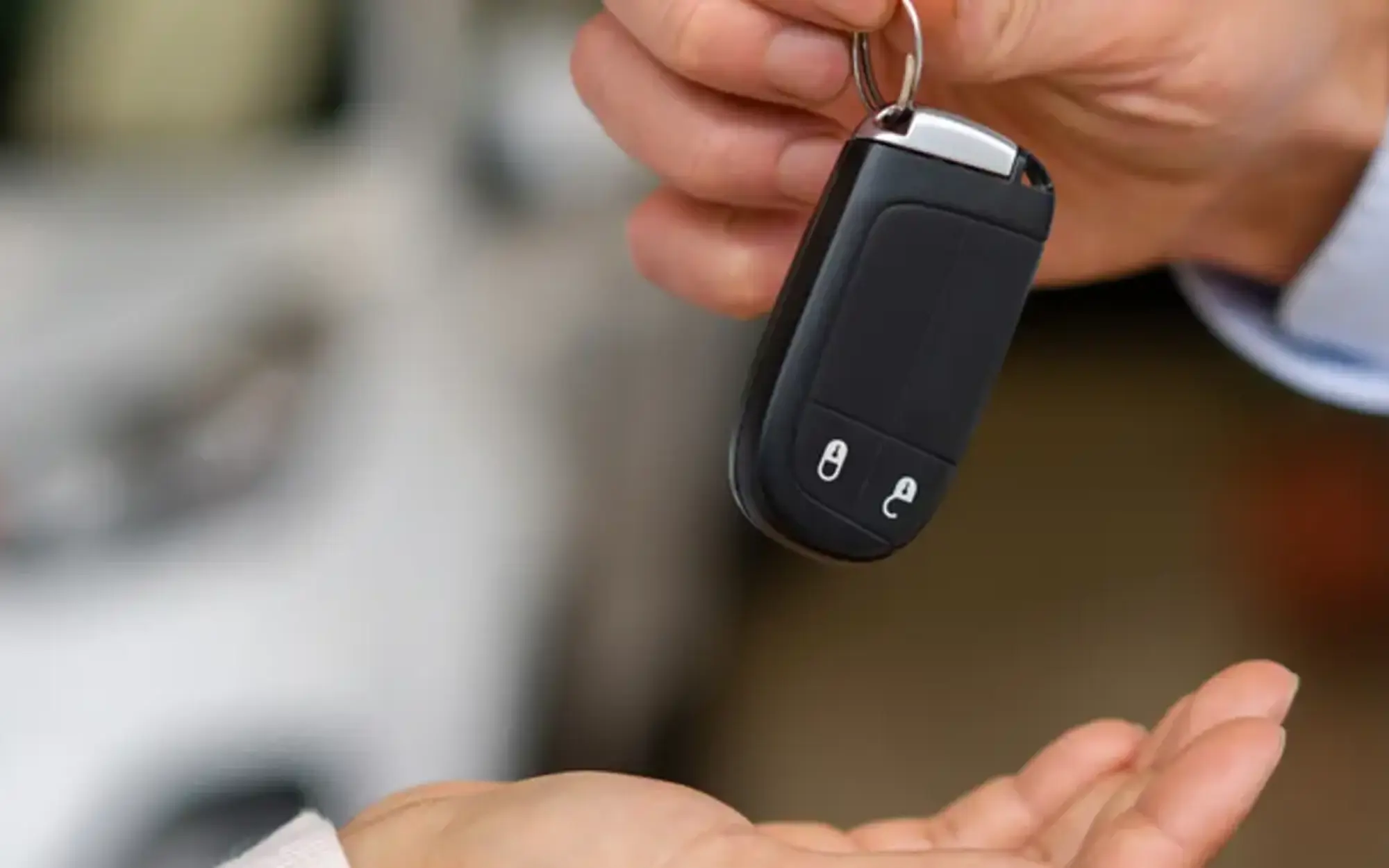
Buying a van
As with buying any new vehicle; buying a van – particularly where your livelihood revolves around it – is a very important decision.
What to consider when buying a van for your small business
Between 2001 and 2017 self-employment in the SME sector rose from 3.3 million self-employed to 4.8 million a report has found, with over 3.4 million people dependant upon their van for work.^
With the substantial growth in number of those who require and rely on their van for work, so too has come a growth in the number of vans changing hands with just under a million used vans changing hands each year.^
As with buying any new vehicle; buying a van – particularly where your livelihood revolves around it – is a very important decision. There is a lot to consider and the wrong move can set your business back, with the right choice providing your business with a great platform on which to move forward.
New or used?
The first question to ask yourself is whether or not you want a brand-new van or whether a used van is sufficient for your business needs.
A new van comes with a host of pros such as higher mechanical reliability, the latest technology and typically a longer warranty should anything go wrong with the vehicle.
However, a brand-new van is likely to cost considerably more than a used van and can depreciate rapidly in value from the moment you drive it off the forecourt so if you look to sell your van after a few years – you’re likely to rack up quite a loss.
Buying a used van requires a great amount of attention to ensure you’re getting a healthy, fully functioning vehicle.
You should always test-drive a used van before you buy it and be wary that a second or third hand van – particularly one with high mileage – can end up landing you with high maintenance costs, or even costly vehicle downtime.
Nonetheless, you can expect to pay far less for a used van which can suit a new business trying to save on outlay or may leave you with a larger war-chest to customise your van to best fit your needs.
Regardless of whether you buy a new or used van, always be sure to cover it with the appropriate business insurance and van breakdown cover.
Can I claim my van as an expense against my tax bill?
For many small businesses a van is a significant investment, but it can be pleasing to know that buying a van for your business has its tax advantages.
You can claim the price of your van against your tax bill, but how you do so will depend on your tax payment method.
If you use traditional accounting you can claim your vehicle as a capital allowance, likewise if you use cash basis accounting – unless you are using a simplified expense method.
Unlike with a business car, a van qualifies for annual investment allowance, meaning you can deduct the FULL value of your van from you profits before you submit them for tax.
Where should I buy?
Again, this depends on whether you decide to buy new or used.
New vans can be bought direct through manufacturers, from showrooms or from your local dealer, used vans can be bought online, from private sellers, or from a local dealer too.
Always be careful when it comes to buying a van from private sellers on online sites such as Gumtree or similar and never exchange any money until you have seen and carried out your own checks on the vehicle.
Assess your needs
Before you buy a van for your business, it is important to assess exactly what you need it for as well as thinking about the scalability of your business and whether the van you buy now will still work for your business in three years’ time.
Ensure you are clear on the type and size of van that you require. For example, if you are a self-employed tradesperson who needs a vehicle which will transport tools and parts to and from each job – you might not need a larger van.
On the other hand, if you’re running a courier service where your most efficient way of working is to fulfil as many deliveries as possible without returning to a depot to reload – a smaller van won’t be sufficient.
It’s equally important to consider whether your requirements now are likely to change in the near future. Your van is an investment for your business so thinking too short-term could subject you to further costs in the future.
What to look out for
When buying a used van, as with any vehicle, there are a number of checks you should carry out before you part company with any cash.
Small commercial vehicles are often put under more pressure than the average vehicle, so it is important to make the following basic checks to ensure wear and tear hasn’t got the better of the van you’re purchasing.
- Body work and tyres
Check the body of the van carefully and make sure any dents or scratches are benign. Always be wary of any rust to the body of the van as it could lead to further problems later in the vehicle’s lifespan should its condition worsen.
Make sure that tyre tread is up to the road-legal standard, which is currently a minimum tread depth of 1.6mm in a continuous band around the central three quarters of the tyre.
- Van mechanics
Always test-drive the van before you buy it and be on the look out for any signs of mechanical faults in the vehicle.
Extensively test the brakes and check for tell-tale signs of a faulty vehicle such as an over heating engine or any unruly noises when driving the van. If you’re unsure consult a professional.
- Electrics and interior
As a minimum you should ensure that the van’s wipers, electric windows and dashboard lights are in full working order and that the vehicle’s interior such as seats and load space is clean and tidy before buying.
- Vehicle history
Never buy a van without ensuring you can access its full MOT and service history as well as any receipts or proof of work carried out on the vehicle.
Business Breakdown Cover
Keep your business moving
Pay monthly from £11.00 per vehicle – exclusive to the RAC




